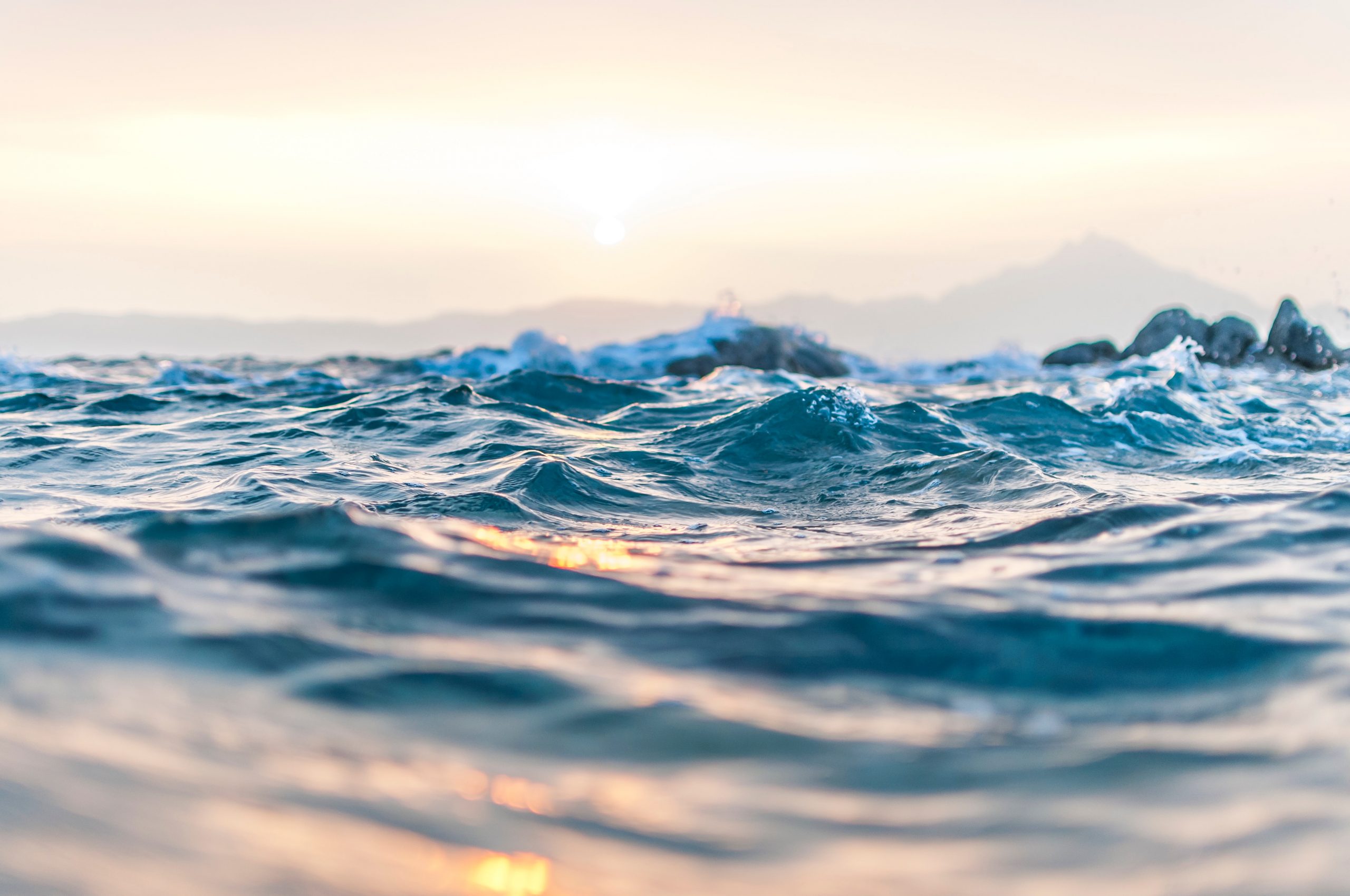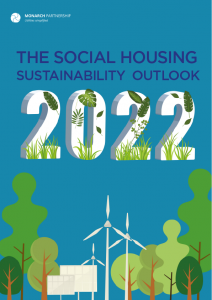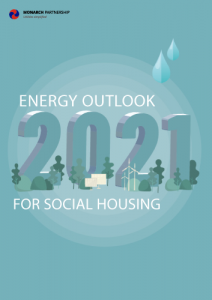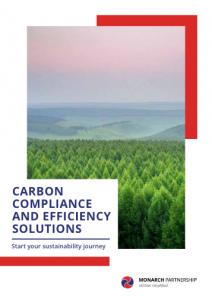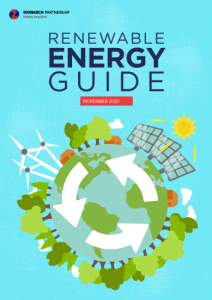Thanks to years of pollution, neglect and exploitation, the state of our oceans has become indisputably dire. From destructive fishing practices to floating plastic islands, there has been an endless barrage of abuse against marine wildlife. This has resulted in miles of dead coral, essential ecosystems on the brink of extinction, and microplastics found in our own bodies.
So, what can we do to protect the future of our oceans? While some damage cannot be reversed, we can work together to ensure a cleaner, healthier future. This National Marine Week we look at 6 ways to reduce pollutants that pose a risk to our greatest natural resources.
Reduce our reliance on fossil fuels
The fossil fuel industry is detrimental to the ocean and its inhabitants for numerous reasons. The first of which, many would assume, would be oil spills. However, whilst these are hugely destructive, a larger percentage of the oil in the ocean runs into the sea from roads, rivers and drainpipes.
Then there is the transportation of fossil fuels. The noise pollution from large cargo ships can cause cellular damage to some invertebrates including jellyfish and anemones. Being a vital food source for tuna, sharks and sea turtles, invertebrates play a vital role in a delicate ecosystem.
Most importantly, fossil fuels are a leading contributor to the greenhouse gas emissions driving the rise in global temperatures. This has resulted in rising ocean temperatures and once thriving coral communities left dead and barren. Fossil fuel emissions also deplete the amount of oxygen in the water, creating what are called ‘dead zones’.
End single-use plastic
At least 8 million tons of plastic waste enters the ocean each year. It gathers in huge floating masses and blankets beaches, posing a huge risk to marine wildlife. Seabirds, fish, whales and turtles mistake plastic waste for prey, and most die of starvation as their stomachs fill with debris.
As if this wasn’t bad enough, 75% of the waste in the ocean lies at the bottom, where there is very little we can do about it. Plastic takes around 450 years to decompose and break down into tiny microplastics.
We now know that these microplastics don’t just pose a risk to marine ecosystems. They become a part of everything from the fish we eat to the water we drink, and even the air we breathe. Whether this harms our health is yet to be discovered.
Ditch fast fashion
The fashion industry contributes a whopping 10% of the total global carbon emissions caused by human activity. This is largely due to fast fashion, which is problematic for numerous reasons including unethical production practices and the use of synthetic textiles. According to the Ellen Macarthur Foundation report, the equivalent of one garbage truck of textiles is landfilled or burned every second.
Unfortunately, the issue is not only in the disposal of these garments. The same report found that half a million tonnes of plastic microfibres are released into the ocean each year just from washing clothes. This is the equivalent of more than 50 billion plastic bottles.
Switch to ‘eco-friendly’ cleaning supplies
Conventional cleaning products are harmful to the environment in many ways. For one thing, they often have non-biodegradable ingredients which don’t break down naturally when they are leaked.
The ammonia and phosphates found in conventional cleaning products can also act as fertiliser in rivers and lakes, spurring algal blooms. This mass of algae rapidly consumes oxygen from the water, suffocating the fish and other aquatic organisms. When this algae dies, it decays along with everything else – creating highly toxic water.
The same can happen on a larger scale in oceans. Nutrient pollution, caused by agricultural and sewage runoff, can reduce the oxygen in the water, killing marine life and quickly becoming oceanic deserts. These areas have come to be called ‘dead zones’, and they have doubled each decade since the 1960s.
Take a closer look at your waste management
Inadequate waste management is a leading cause of ocean pollution, and will only grow more prevalent as landfills become more overwhelmed. While single-use plastics will not be eliminated overnight, there are responsible ways to dispose of waste.
Taking control of your waste management can be one of the most pragmatic first steps on your road to sustainability. And for businesses, it can be one of the easiest boxes to tick in order to reduce emissions and boost your organisation’s green credentials.
Make your business more sustainable
If you want your organisation to be a part of protecting the future of our planet, Monarch can help.
At Monarch we provide comprehensive sustainability services. From reducing your energy consumption and costs to streamlining your carbon management. We can also oversee your water and waste practices, making sure they are as efficient and sustainable as possible. By taking this holistic view of your utilities, we can better help you navigate the path to a greener future.
To learn more about how we can help you help the planet, contact us at Monarch today.
